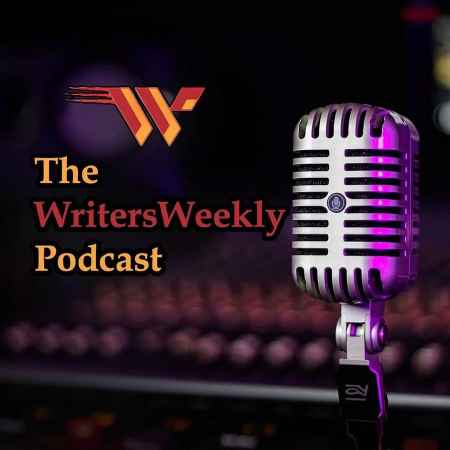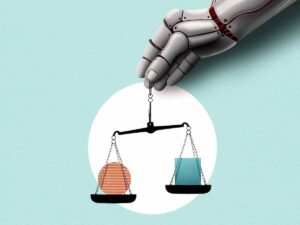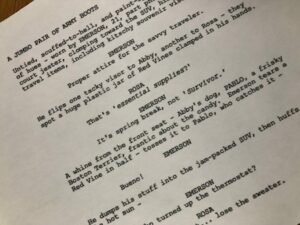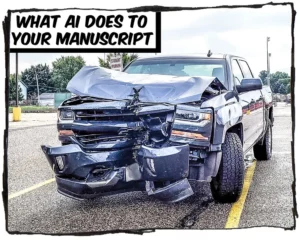Unlocking the Future: The AI Essay Writers of 2025 That Could Change Your Academic Game Forever
Are You Cheating If You Use a Grammar Checker (Like Word, Grammarly, or an AI Tool)?

This is the most common question, and the answer depends entirely on the tool’s power.
- Basic Tools (Universally Allowed): Tools like the built-in Microsoft Word spell checker or the free version of Grammarly are considered “tools,” not “collaborators.” They function like a dictionary or a thesaurus. They flag potential errors (e.g., “This might be a run-on sentence,” “You misspelled ‘argument’”). You, the author, must evaluate the suggestion and make the change yourself. Your authorship remains 100% intact.
- Advanced AI Tools (The Grey Area): This is where it gets risky. Tools that use generative AI to rewrite sentences or restructure paragraphs (like ChatGPT, Notion AI, or Grammarly’s advanced “rephrase” features) are a different story. If you write a clunky, confusing sentence and the AI rephrases it into a clear, sophisticated one, who is the author of that sentence? Is it you, or the AI?
Many universities are scrambling to create policies for this. For example, some schools may allow AI for brainstorming or spell-checking but forbid it for generating any text that ends up in your final paper. As resources like Purdue University’s Online Writing Lab (OWL) point out, the key is transparency and adhering to your instructor’s specific policy. Rule of thumb: If the tool is generating prose rather than just correcting typos, you are on dangerous ground.













Post Comment